About
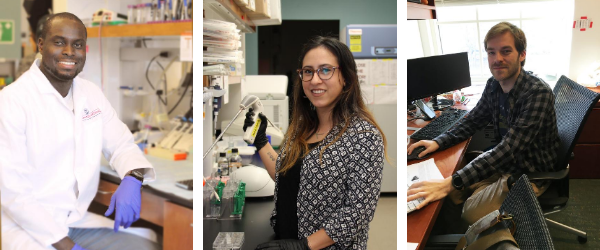

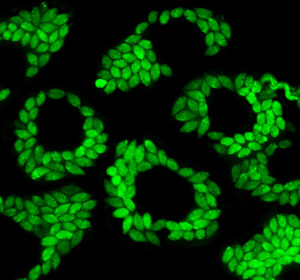
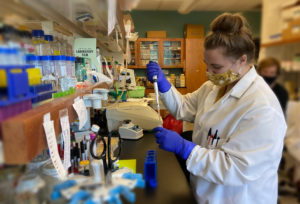
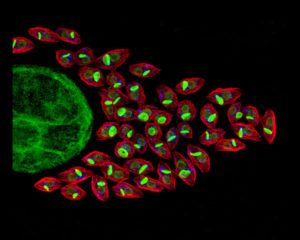
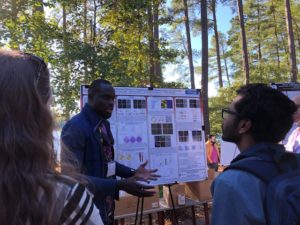
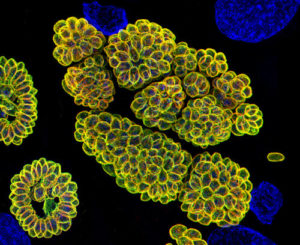
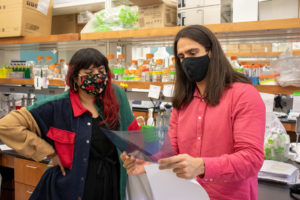
Our Mission:
Here in the Center for Tropical and Emerging Global Diseases (CTEGD) we are committed to training the world’s next generation of parasitologists. Advancing the quality and scope of student and post-doctoral training is central to our continuing mission to combat deadly parasitic diseases across the globe.
Over the past 16 years, our National Institutes of Health (NIH)-funded Training in Tropical and Emerging Global Diseases (TTEGD) Program has provided over $3 Million in research training to support exceptional student and post-doctoral trainees. To date, these funds have contributed to the training and career advancement of over 40 awardees and have resulted in high impact research discoveries aimed at stopping the spread of global pathogens that disproportionately affect those in extreme poverty.
The TTEGD program leverages the expertise of our diverse community of 24 active research labs within the CTEGD to provide the widest breadth of parasite-focused research in the country.
Our expansive research center and world-class facilities give students and post-doctoral fellows the unique opportunity to choose from a wide variety of parasite centered research topics and focus on developing unique skills that will allow them to tackle some of the hardest biological questions relating to the fight against human parasitic diseases.
Our grantees are not only trained in the most cutting-edge techniques in cellular, molecular and biochemical parasitology but are also exposed to new and rapidly evolving fields relating to parasite genomics, host immunology, vaccine and drug development and even hands-on field study research in endemic areas. As evidenced by our greater than 90% retention rate, this program has a strong track record of providing a solid foundation for trainees that will allow them to develop successful careers in a variety of high impact scientific research disciplines.
Our Program and Application Process:
Under the leadership of its Director, Dr. Silvia Moreno, the TTEGD program has recently been awarded renewed support by the NIH until 2025. This funding has also been generously matched by institutional support from both the Office of Research and the Graduate School at UGA. This additional funding has allowed us to expand the TTEGD program to now fully support a total of 7 Graduate Student Researchers and 2 Post-Doctoral Researchers each fiscal year.
We actively encourage all promising candidates to apply for this coming review cycle. For those interested in applying, please follow this link: How to Apply.
Applications are reviewed by a panel of 3-5 CTEGD faculty thoroughly evaluate both the merit of promising trainees and the quality of their submitted research proposals.
If accepted into the TTEGD program, trainees will receive a highly competitive stipend with benefits and be encouraged to play an active role in CTEGD seminars, symposium and recruiting activities with student trainees. They are also expected to attend our unique parasitology-centered courses offered by CTEGD faculty.
Discover Our Unique Capstone Experience:
Unique to the CTEGD training program is our development of the Capstone Experience. This novel program, available to graduate student trainees, allows awardees to go beyond the scope of a normal graduate school curriculum and take part in hands-on fieldwork in endemic areas.
Trainees are given the unique opportunity to travel abroad to an endemic nation and, in combination with local research groups, engage in on-the-ground experiential learning with critical surveillance, testing and treatment programs around the globe. Over the past decade, this 4-8 week long Capstone Experience has supported the ability of trainees to carry out research initiatives in a variety of countries including Haiti, Tanzania, Argentina, Thailand, Brazil, Puerto Rico and Ecuador.
To read more about this exciting component of the TTEGD program, please follow this link: Capstone Experience Testimonials. Here you will be able to learn about this program directly from participants and see how this experience has impacted the lives and perspectives of our prior trainees.
